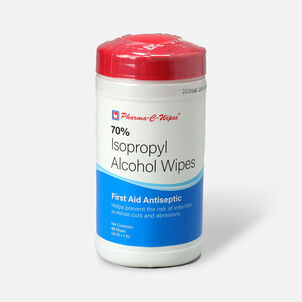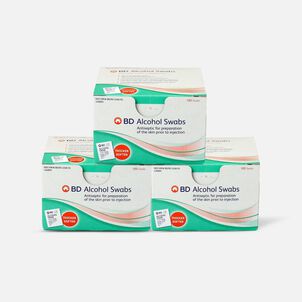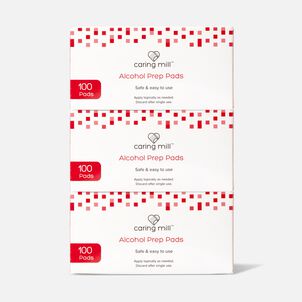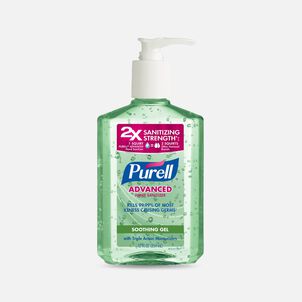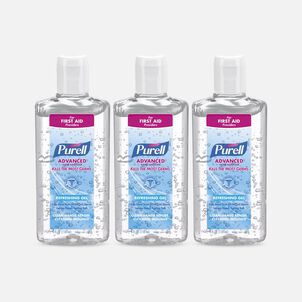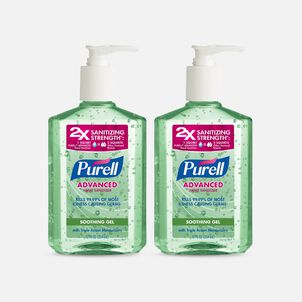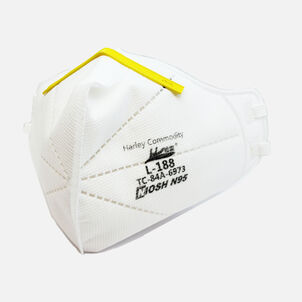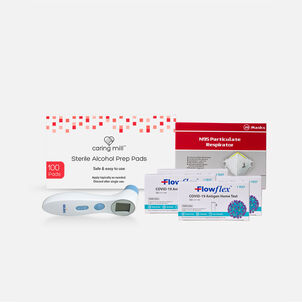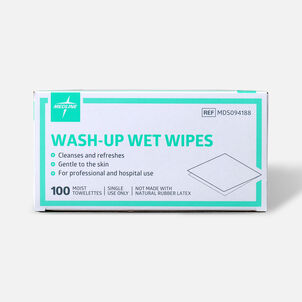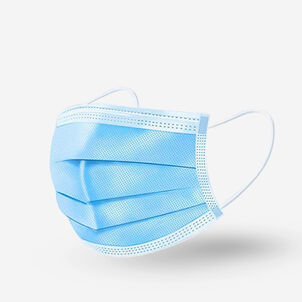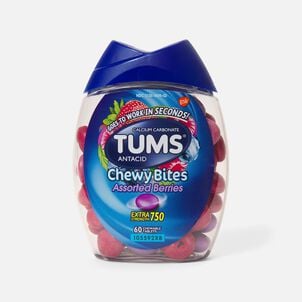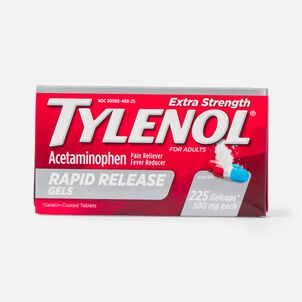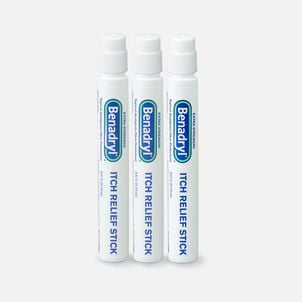The COVID-19 pandemic is looming as we continue into summer months. That means an anxious flu season for many, especially the elderly and immunocompromised.
To ease some of that fear, we've put together a guide to help you differentiate between three common illnesses that will be making its rounds — the flu, the common cold and COVID-19.
What are COVID-19 Symptoms?
COVID-19 symptoms often overlap with flu, cold and allergies, which makes it hard to differentiate between a regular winter cold, flu and COVID-19.
According to the CDC, the main COVID-19 symptoms include:
- Fever
- Chills
- Shortness of breath or difficulty breathing
- Cough
- Muscle or body aches
- Loss of taste and smell
- Headaches
- Fatigue
- Congestion or runny nose
- Nausea or vomiting
- Diarrhea
- Chest pressure or pain
The loss of taste and smell seems to be one of the biggest differentiating factors between COVID-19 and illnesses like the flu or seasonal allergies. Because the virus is still relatively new and easily spread, people should be wary of dismissing their symptoms just because they don't check all the boxes.
COVID-19 symptoms can linger for weeks or months, depending on the person.
What are Cold Symptoms?
The CDC lists the main symptoms of a cold as:
- Runny nose
- Sneezing
- Sore throat
- Stuffed up nose
- Mild to moderate cough
It's rare for a cold to include headaches, fever and chills. Colds also come on gradually, over a matter of days, and generally last around three days.
What are Allergy Symptoms?
Allergy sufferers often have:
- Dry, itchy or watery eyes
- Sinus headache near their eyes, cheeks, forehead or nose
- Cough
- Sneezing
- Runny nose
People tend to have allergies around the same time every year. If you never have allergy problems and are having congestion issues, it might be time to call your doctor.
Allergy symptoms can last for weeks, depending on the specific allergen and the individual's reaction.
What are Flu Symptoms?
Flu symptoms come on suddenly and include:
- Body aches
- Fever
- Fatigue and weakness
- Cough and chest pain
- Headaches
A sore throat and runny nose may also be associated with the flu. The flu can last about one to two weeks. The flu vaccine doesn't protect against all strains, so even those who have received a flu shot can still get sick.
What to Do If You Think You Have COVID-19
COVID-19 symptoms can be different depending on the individual, and may resemble the flu or a cold. You can't be sure until you get tested. Here are the steps to take if you suspect you have COVID-19 or are having similar symptoms:
Call your doctor or board of health
Contact your local Board of Health and ask for their recommendation and where to get tested.
Some drug stores are offering testing, and local Departments of Health may also have their own testing sites. Visit the Health and Human Services website for a list of places to get tested.
You may be able to find rapid tests that can offer results quickly, but this also depends on your area and their testing capacity. FSAstore.com now sells saliva-based tests that can be purchased with FSA and HSA funds.
Schedule a COVID-19 test
If you're told to get tested, schedule a COVID-19 test as soon as possible. Because cases are rising quickly right now, you may have to wait a few days for an available appointment.
Quarantine at home
Until you get tested and receive your results, you should quarantine as much as possible.
Get your groceries delivered and ask friends or family to run any necessary errands for you. Limit exposure to other individuals. Basically, you should act as if you have the virus until you get your results.
If you live with other people who aren't showing symptoms, try to minimize contact with them. Stay in a separate room, wear masks if you're going to be around each other, be at least six feet apart, wash your hands regularly and eat separately.
When you're in common spaces like the kitchen or living room, wear a mask even if no one else is in the room. That will limit the amount of droplets that linger in the air.
If you don't have a separate bathroom, try to disinfect the bathroom after using it. If that's too annoying or cumbersome, you can have the other house occupants try to avoid using the bathroom for an hour after you've been there.
Take over-the-counter medication
If you have a fever, taking acetaminophen or ibuprofen can lower the fever and relieve some of your symptoms. Make sure to track your dosage in case you go to the doctor, and they want to know how much you've taken.
When to Get Tested
It's a good idea to get tested if you've recently been exposed to someone with COVID-19 and you're having symptoms.
According to the CDC, it can take as long as two weeks for symptoms to develop after exposure. Their guidelines state that you should get tested even if you only have one of the COVID-19-associated symptoms and have been around someone who's tested positive.
People who are already immunocompromised or have chronic issues like asthma should be even more mindful of getting tested.
Because tests can produce false negatives, you may want to be careful and get tested again if you're still having symptoms days later.
Get a Flu Shot
If you haven't gotten your flu shot already, visit a doctor or pharmacy and get it soon. Getting a flu shot will reduce your chance of getting the flu. This will put less strain on the healthcare systems, which are currently seeing a huge influx of COVID-19 cases.
It takes two weeks for the vaccine to kick in, so it's best to get this done quickly. Most pharmacies have the flu shot and will let you schedule it so you're not waiting around inside with lots of other people.
This is not a substitute for a professional diagnosis.
-
Thanks for visiting the FSA Learning Center! To stay on top of all FSA news that can affect your health and financial wellness, be sure to follow us on Facebook and Twitter.
Zina Kumok
Zina Kumok is a freelance writer specializing in personal finance. A Certified Financial Health Counselor and Student Loan Counselor, she also works as a money coach helping people one-on-one at Conscious Coins. She has been featured in Lifehacker, DailyWorth and Time. She paid off $28,000 worth of student loans in three years.

